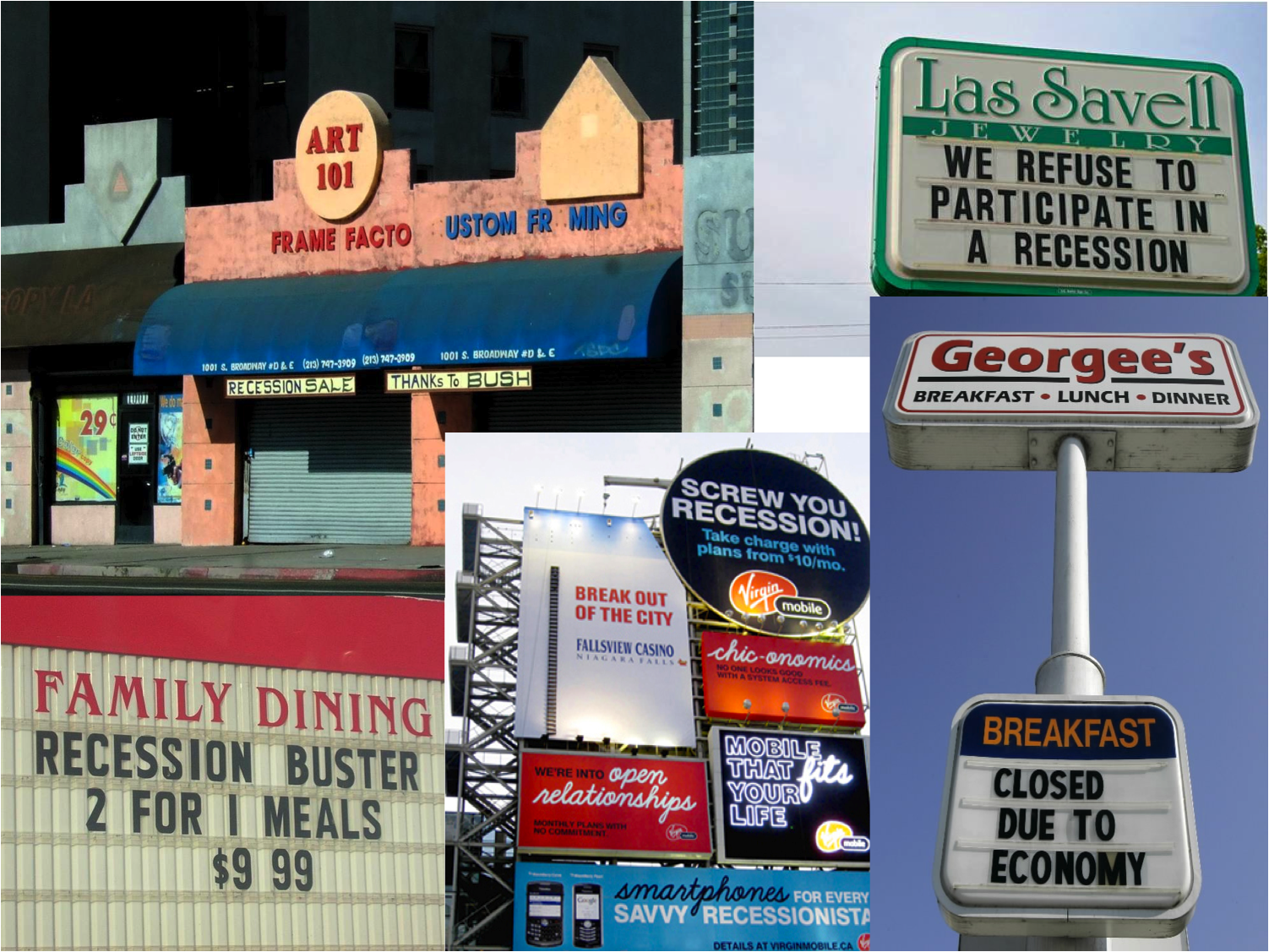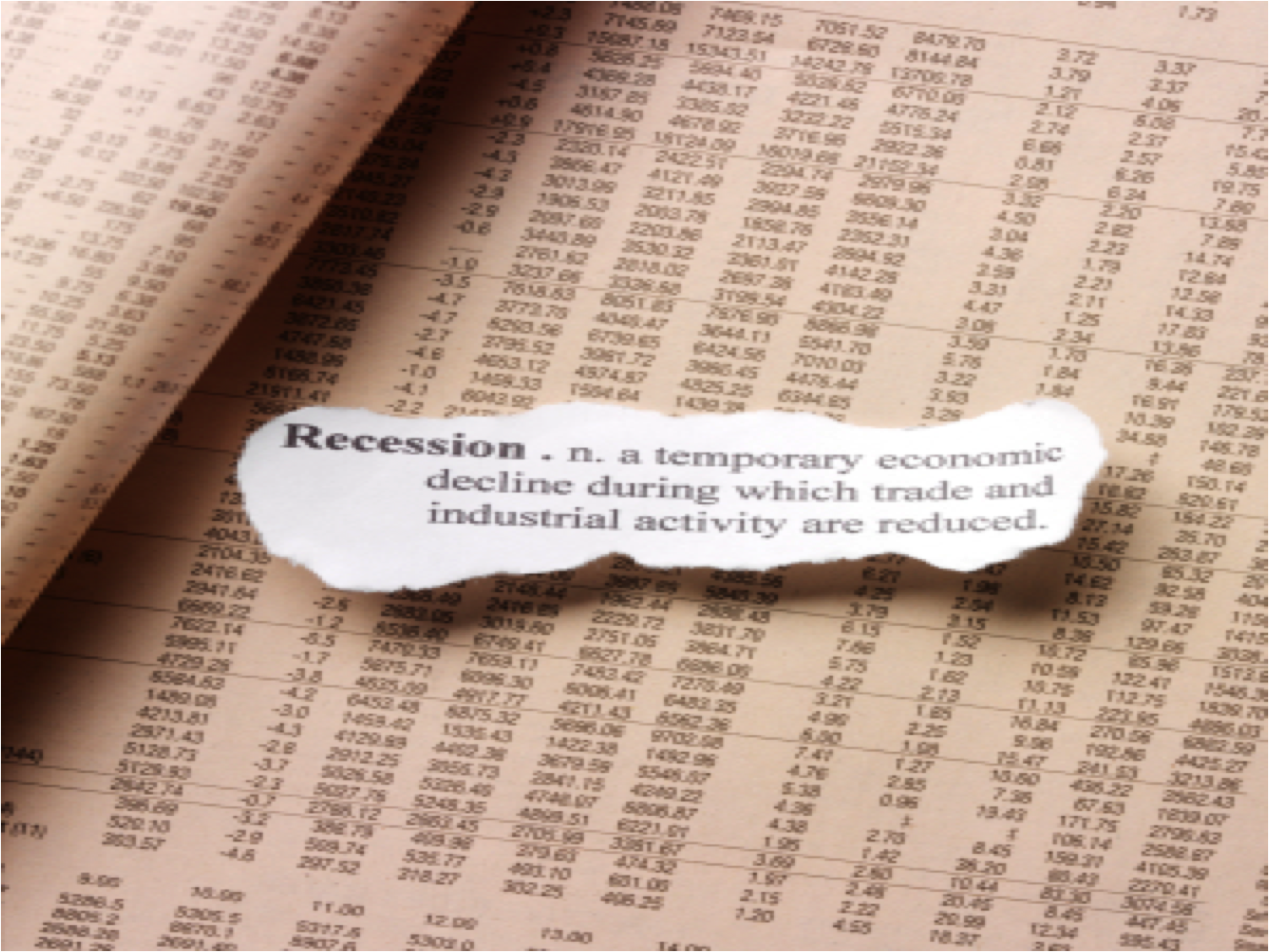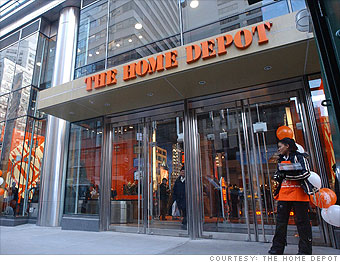Retailing in times of recession – there will be growth in the spring

Have you seen the violent news reports from Greece? Have you heard of massive protests in Spain on new savings in the public sector? Have you seen the latest financial report on Italy, Ireland, and on Portugal? And what about unemployment in the US? Then you know for sure that many countries in the western world are still in times of recession.
As a retailer you probably don’t even like the word – but what is a recession?
Yes – Recession is a t e m p o r a r y economic decline during which trade and industrial activity are reduced. It means that after rain comes sun and vice versa. The Nobel Price in Economics has been handed out several times already to super-genious-experts in the field of economic cycles.
But there will be growth in the spring! At least according to this clip with Peter Sellers 
Many countries in Europe and the US are still suffering from the consequences of the financial situation that started with the collapse of credit and banking systems in the US. Some Europeans thought that they would avoid any serious consequences from the economic troubles in the USA. We now know that was not the case.
The previous ten years had seen a high level of borrowing by both governments and consumers. Credit was easily available which was favorable for investment in residential property and prices increased rapidly. Banks were taking high risks while China was buying assets in dollars.
As the housing market started to collapse some large financial institutions found themselves in an insubstantial position. The US government rescued several but did allow Lehman Brothers to fail.
We saw many governmental actions. Governments are able to print money. They can print as much money they can spend as long as they control their own supply. Countries in the Eurozone theoretically lack this power as they do not control their own supply of money so they depend on the willingness of other healthier countries to come to their rescue. Fighting inflation became less important compared to saving the banks and the credit market.
What were the consequences for retailers?
- After a decade of fantastic growth and unheard of consumption consumers spending began to decline.
- When the housing market collapsed especially home-related retail spending started to drop.
- Retail sales growth weakened in many countries in Europe and in the US.
- Markets responded by driving down prices but at the same time some important raw material increased in price resulting in multiple impact on profit.
What should retailers do in times of recession?
- To start with retailers will have to focus on gaining or maintaining market share. When the market was growing rapidly many retailers did well. In recession time it will be determined who have the right strategies. Decreasing in sales could be acceptable as long as you are keeping or improving your overall position within your categories. A retailer in a good financial position can use the new situation to strengthen its position and become even more powerful once the economy regains its force.
- Studies show that consumers become more value-oriented. They start shifting to more price-focused retailers. But it must be value for money, more than before. They will start making conflict demands on price and quality and on top of it show less loyalty to previously preferred options.
- To gain market share you must also be clearly differentiated from competitors and offer a customer experience that thrills the consumers. This includes a unique product range, unique concept, unique format and well communicated product benefits combined with an affordable price tag.
- The retail operation must be adapted to the new situation and this is often done by reducing or consolidating support functions but also co-workers in the stores. It also includes actions regarding cost of goods and supply chains. Cost management is key for a sustainable business but the balance between keeping cost under control and still offering a good scivolo gonfiabile commerciale service level by continuously investing in the human resources requires skillful managers with cool nerves.
- Store size will be reviewed carefully for a safer return of investment. Shareholders implement a stricter financial framework and also traditional big-box retailers have started to build smaller formats. Retailers will be more interested in having different formats and a more diversified offer.
- Having cash on hand is king. If not, you have no resources to act on the new situation especially if credit is hard to find. Retailers will improve their routines in risk management. For some it will be too late.
- Retailers will consider E-commerce instead of physical stores, not only to sell but also to prepare the customers before visiting the stores. It will also be interesting to follow the development of the new social medias as some retailers will reduce their overall marketing cost (investment) and explore new ways of creating customer loyalty for less money.
- Fast-growing emerging markets become very important for growth as the home market stagnates. First out are normally the food retailers, followed by DIY companies and home related retailers.
Retailers in recession ask themselves everyday:
- How do we attract more visitors to the store (s)
- How do we convert more visitors to customers
- How to we sell more items per customer / transaction
- How to sell more in money per customer / transaction
- How to approach new sales patterns
- What is important for the customers during present moment
We have many answers on the topics above. Contact thegoodpeople.se and we will tell you more.





Pingback : Shopping Center i Dubai | thegoodpeople.se